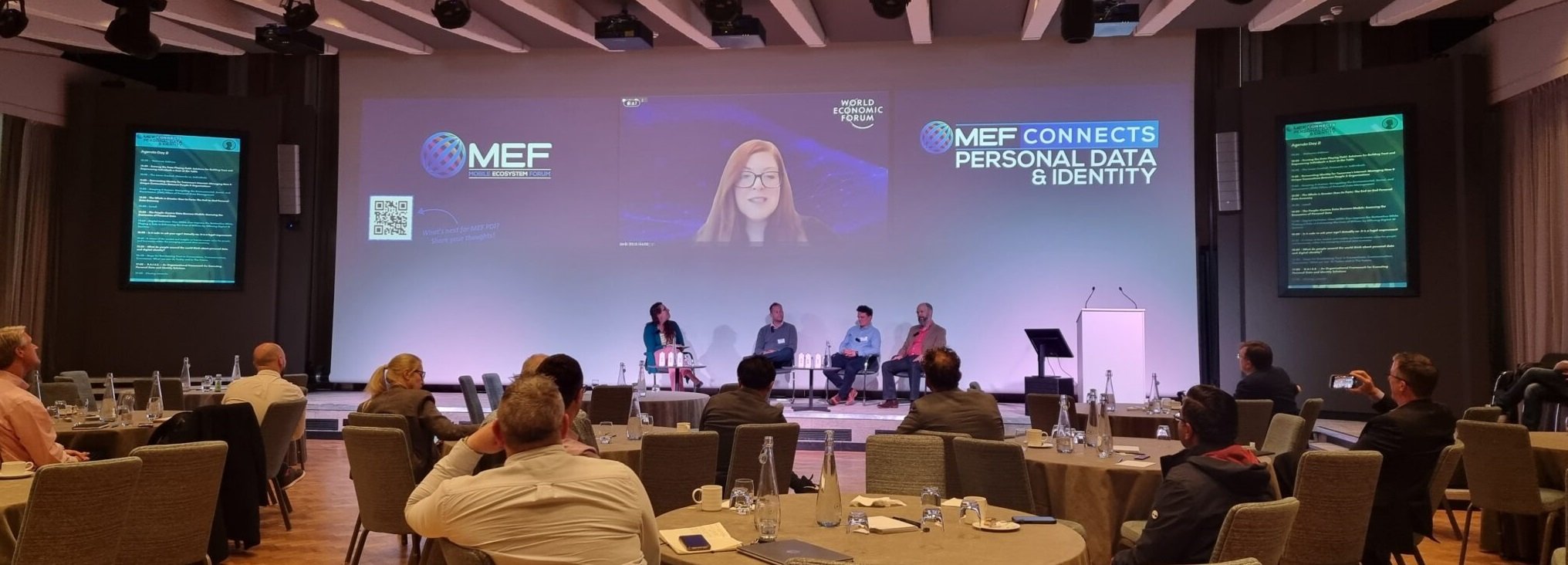Gilbert Hill, Chief Strategy Officer at data infrastructure specialists Pool Data reflects on discussions at the recent MEF Connects Personal Data and Identity and looks ahead to how new legislation might unlock the power of individual’s data for consumers and responsible enterprises.
At the (excellent) MEF Connects event I attended last month, a key theme was clear: People have lost trust in companies post GDPR, and privacy compliance is a ‘drag factor’ for businesses where data is not their main source of revenue.
This is echoed by the findings of the MEF 8th Annual Trust Study (available for download soon), showing that users still feel powerless around their data, lacking confidence any actions they take online make them feel safer.
How can we bust current silos and unlock data’s value for individuals and responsible companies, while not adding to the ‘compliance culture’ represented by cookie banners and privacy policies which few people read?
Europe has grasped the challenge of disrupting its existing $1 trillion data economy, and is moving fast. While GDPR took many years to negotiate, today the EU is motoring ahead on four new tech laws which start coming into force over the next 18 months.
This legal medley comprises the Digital Markets Act, which regulates very large platforms, the Digital Services Act, tackling illegal content and the rights of users, the Data Governance Act which promotes trust and portability of data via regulated spaces and intermediaries, and finally the Data Act which controls the data produced by connected IoT devices.
To make this vision a reality, the EU is allocating EUR 2 Bn of funding over the next 5 years, and I believe MEF members are in a unique position to contribute. You already place trust and security of user data at a premium, and have the expertise around ID verification, authentication and consumer-grade UX necessary to help build such a new data economy.
For the individual, this is orchestrated from their digital data wallet. With ID authentication and edge computing via your mobile, data lives on the device and under your control, rather than shut away in company silos. Instead of cookie banners, any site can ‘know’ what your personal consent and data use preferences are, all stored and controlled by your data wallet.
Another key pillar of these new regulations is a scheme for regulated data intermediaries, which we at Pool call data unions. The basic concept here is that people download an app or click on some controls allowing them to share their data with an organisation that offers to represent them and fellow members, rather like a co-operative.
The more people join a union, the more rich (and valuable) that data set becomes to buyers and researchers. Because the information has been structured by the data unions it’s usable at scale by third parties like an online insurer, airline or ad server. When that data sells, the proceeds are redistributed among the members, with the organisers (such as Pool) also getting their cut.
Pool is incubating data unions and building relationships and infrastructure between them, brokers and businesses who want to ‘beat the bots’ and gain new insights and audiences for their products. I’d love to talk about how this applies to the industries MEF members represent; do feel free to reach out via Linkedin or email to learn more!
MEF Connects Personal Data & Identity
MEF CONNECTS Personal Data & Identity: dive into all things PD&I and how PD&I is transforming every industry and society–from the ground up, from the outside in, and inside out.
Watch on Demand Now






